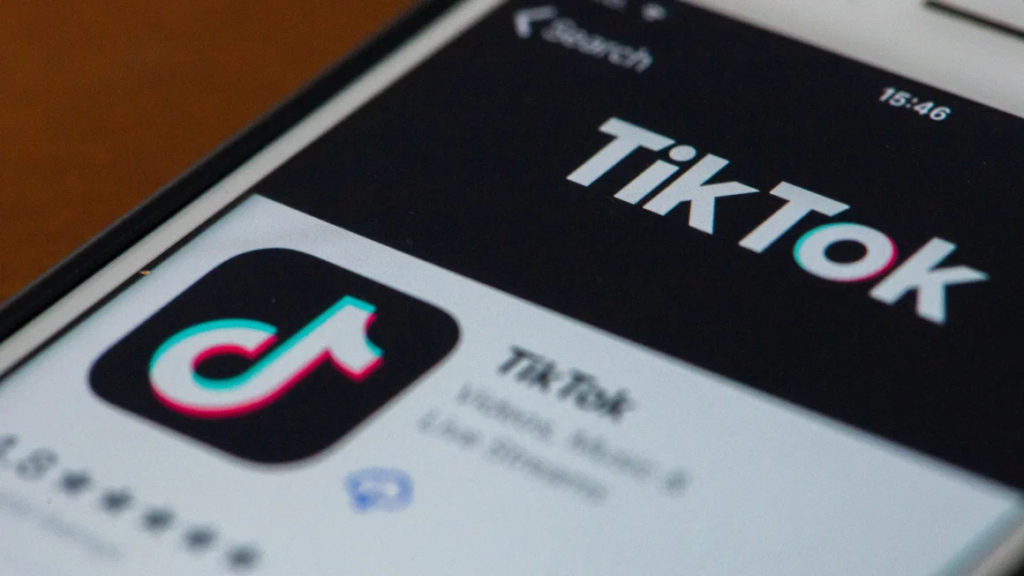Technically, the legislation that passed overwhelmingly in the House on Wednesday is a cudgel that seeks to force TikTok’s Chinese parent company, ByteDance, to sell the app to a non-Chinese entity. If it fails to do so within six months of the law going into effect, US app stores would be prohibited from offering TikTok here in the Land of the Free and Home of the Brave.
To be clear, a sale is not imminent. The bill faces an uncertain path in the Senate, where many lawmakers have said they’re uncomfortable with meddling in business affairs and putting limits on free speech. And even if it were to make it to President Joe Biden’s desk, the government in Beijing has said unequivocally that it would oppose a forced sale.
The ban is a long-shot effort by lawmakers who harbor some (arguably overwrought) concerns about Americans’ data security winding up in the hands of Chinese spy agencies. But the prospect of even a potential For Sale sign on TikTok’s lawn has fueled speculation about who’d be in line to buy it.
It’s not hard to see why Silicon Valley bigwigs would be salivating: TikTok might be the most valuable app on the planet that they don’t already control. Its US segment alone, with its 170 million users, would be valued at roughly $100 billion, according to Wedbush analyst Dan Ives.
If a sale were to happen, “TikTok’s strategic value and consumer platform will have a number of financial and tech strategic players interested,” Ives said in a note Wednesday.
At $100 billion, there are few companies that could afford to buy TikTok outright. And those that could in theory — Meta, Alphabet, Microsoft — would almost certainly run into regulatory roadblocks.
“Who’s going to buy it? That’s the real question,” said Gene Kimmelman, a former Justice Department antitrust official. “If it’s Amazon, Microsoft, Google or Meta, I just think you’re going to see substantial antitrust concern.”
Meta already owns the social media tentpoles of Facebook and Instagram. Alphabet owns YouTube, a direct TikTok competitor. Microsoft doesn’t have a social platform of its own, but its relationship with OpenAi is already under scrutiny by regulators on both sides of the Atlantic.
Earlier this week, The Wall Street Journal reported that Bobby Kotick, the former CEO of video game publisher Activision Blizzard (which was purchased by Microsoft last year), has expressed interest in finding partners to buy TikTok. Citing people familiar with the matter, the Journal wrote that Kotick “floated the idea of partnering to buy TikTok to a table of people that included OpenAI CEO Sam Altman.”
CNN couldn’t independently confirm the report. Representatives for Kotick and Altman didn’t immediately respond to requests for comment.
Apple, one of the world’s most valuable companies, is sitting on a mountain of cash and lacks a social network of its own. But Apple has a litany of other regulatory headaches to deal with, including new limitations in Europe and a potentially devastating Justice Department action challenging the beating heart of Apple’s business model: its tightly controlled ecosystem.
Plus, Apple culture doesn’t seem like a natural fit for TikTok. Social media is a messy, unwieldy business that requires constant monitoring to weed out hate speech and offensive images. Apple doesn’t have the infrastructure for that kind of operation. Its one go at the social media scene, the buggy and short-lived Ping, was one of Apple’s biggest flops.
And any tech executive or private equity investor thinking of buying TikTok would need to be prepared to enter the social media quagmire. They’d want to call up the footage from the congressional hearing earlier this year in which Mark Zuckerberg was pressured to apologize to the families who blame his Meta platforms for contributing to their children’s suffering. And then fast-forward to TikTok’s current CEO, Shou Chew, who is Singaporean, keep his cool while lawmakers hurl thinly veiled accusations that he’s a Chinese puppet. It’s not exactly a cushy tech gig.
The last time the US tried to force a TikTok sale, during the Trump administration, officials lined up an Odd Couple pairing of Oracle and Walmart to lead the acquisition — a plan that was ultimately shelved after Beijing mounted legal challenges to the sale.
There’s no word on whether either of those companies would be game to re-up their bids, though the app’s price tag has almost certainly gone up by several billion dollars since their 2020 effort fell apart.
China, meanwhile, is unlikely green-light any moves that would result in it losing control over its homegrown technology, including TikTok’s powerful algorithm. Earlier this month, the Communist Party underscored at its annual meeting that high-tech innovation would be central focus of Beijing’s economic growth strategy.
A key question in assessing the value of a TikTok deal is whether China would allow ByteDance to export its algorithm — the secret sauce that keeps TikTok users glued to their phones. Beijing considers some advanced technology, including content recommendation algorithms, to be critical to its national interest, and may ultimately prefer having TikTok leave the US market rather than surrendering its algorithm.
“Detaching the algorithm from ByteDance would be a very complex process with much scrutiny from US regulators,” Ives wrote. “We would also expect aggressive legal challenges from ByteDance in the US which would delay any near-term 202 area code edicts from being implemented.”



